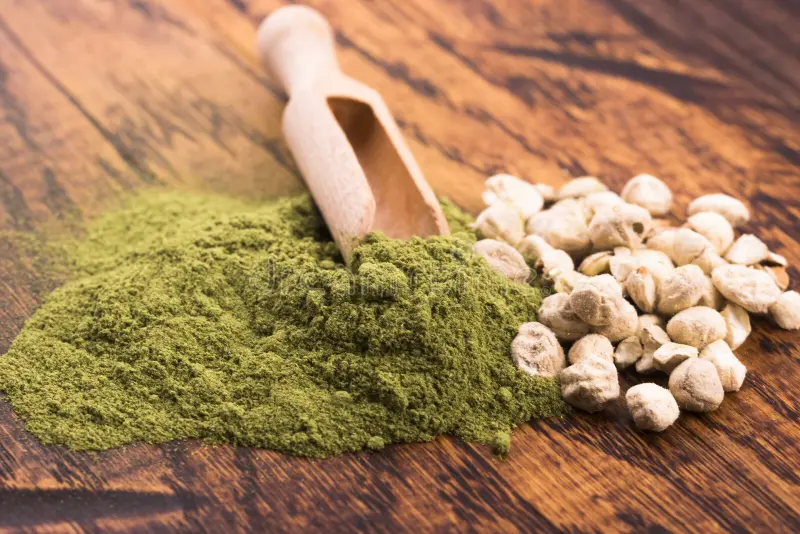
Miracle Moringa
Discover the incredible health benefits of Miracle Moringa, nature’s superfood powder. Packed with vitamins, minerals, and antioxidants, Miracle Moringa boosts immunity, supports weight loss, and enhances overall wellness. Embrace the power of this miraculous green powder for a healthier, vibrant life.
Introduction to Moringa
Moringa oleifera, commonly known as Moringa, is a miracle tree that has been gaining global recognition for its dense nutritional profile and myriad health benefits. Originating from the sub-Himalayan areas of India, Pakistan, Bangladesh, and Afghanistan, this plant has spread to other parts of the world, including Africa, Latin America, and Southeast Asia, thanks to its adaptability and usefulness.
Table of Contents
The Nutritional Powerhouse
Moringa Oleifera, often hailed as the “Miracle Tree,” stands out for its remarkable nutritional profile. It’s packed with vitamins, minerals, proteins, antioxidants, and other beneficial compounds, making it a standout superfood. Here’s a closer look at what makes Moringa a nutritional powerhouse:
Vitamins and Minerals: Moringa leaves are rich in vitamins A, C, and E, which are crucial for maintaining healthy vision, skin, and immune function, as well as antioxidant properties. It also boasts significant amounts of calcium for bone health, potassium for heart function, and iron, which is essential for red blood cell formation.
Proteins and Amino Acids: One of Moringa’s unique features is its high protein content, especially for a plant. It provides all nine essential amino acids, making it a complete protein source. This is particularly beneficial for vegetarians and vegans who may struggle to obtain complete proteins from plant-based diets.
Fiber: The high fiber content in Moringa aids in digestion and helps maintain a healthy digestive system. Fiber is essential for keeping the gut flora balanced and supports regular bowel movements, thereby contributing to overall digestive health.
Antioxidants: Moringa is loaded with antioxidants such as quercetin, which may lower blood pressure, and chlorogenic acid, which can help moderate blood sugar levels after meals. These antioxidants combat free radicals in the body, reducing oxidative stress and preventing cellular damage.
Anti-inflammatory Compounds: The plant contains isothiocyanates, known for their anti-inflammatory properties. Chronic inflammation is linked to numerous health conditions, including heart disease and cancer, so incorporating anti-inflammatory foods like Moringa can be beneficial for overall health.
Omega-3 Fatty Acids: While not as well-known for its omega-3 content as fish oil or flaxseeds, Moringa leaves do contain alpha-linolenic acid, a plant-based omega-3 fatty acid important for heart and brain health.

Health Benefits of Moringa
Boosts Immune System: Rich in vitamin C, Moringa helps to bolster the immune system, making the body more capable of warding off infections and diseases. Its antibacterial and antifungal properties also contribute to fighting off pathogens.
Supports Weight Loss: Moringa can play a significant role in weight loss and management. Its leaves have compounds that help reduce fat formation and enhance fat breakdown, promoting a natural way to manage weight. Additionally, its high fiber content can lead to a feeling of fullness, reducing the urge to overeat.
Enhances Skin and Hair Health: The high antioxidant content in Moringa protects the skin against damage from pollutants and free radicals, reducing signs of aging such as wrinkles and fine lines. It also contains proteins that protect skin cells, while its hydrating and detoxifying elements boost skin and hair health.
Anti-inflammatory Effects: Chronic inflammation is linked to several chronic diseases, including diabetes, respiratory problems, cardiovascular disease, arthritis, and obesity. Moringa contains isothiocyanates, which are known for their anti-inflammatory effects, helping to reduce inflammation throughout the body.
Improves Digestive Health: Moringa is beneficial for maintaining a healthy digestive system due to its fiber content, which helps prevent constipation and supports good digestion. It also has been shown to help treat stomach ulcers and infections.
Lowers Blood Sugar Levels: High blood sugar can be a precursor to diabetes and other health complications. Moringa has been shown in some studies to help lower blood sugar levels, thanks to its compounds that help process sugar more effectively and increase insulin production.
Promotes Heart Health: Moringa’s potent antioxidants, anti-inflammatory compounds, and vitamins contribute to heart health by preventing the buildup of plaque in the arteries and lowering blood pressure.
Improves Brain Health: Rich in antioxidants and neuro-enhancer activities, Moringa supports brain health. It has been linked to increased dopamine and serotonin (“happy hormones”), which play a key role in memory, mood, organ function, responses to stimulus such as stress and pleasure, and mental health, such as depression and anxiety.
Rich in Antioxidants: Moringa leaves are a great source of antioxidants like quercetin, chlorogenic acid, and vitamin C. Antioxidants fight free radicals in your body that can cause oxidative stress linked to chronic diseases like heart disease and type 2 diabetes.
Supports Bone Health: With its high calcium and phosphorus content, Moringa helps to maintain strong and healthy bones. It also has anti-inflammatory properties that might help treat conditions like arthritis and may also heal damaged bones.
How to Incorporate Moringa
Moringa Powder: One of the most common and convenient ways to use Moringa is in its powdered form. Moringa powder can be easily added to smoothies, juices, and teas for a nutritional boost. Its mild flavor allows it to blend well with both sweet and savory dishes. You can also sprinkle it over salads, soups, or even your morning oatmeal.
- Smoothie: Add a teaspoon of Moringa powder to your favorite smoothie recipe. Its mild taste pairs well with fruits like bananas, mangoes, and berries, masking the earthy flavor of the powder.
- Tea: Steep Moringa powder in hot water for a few minutes to make a healthful tea. You can add honey, lemon, or ginger for additional flavor.
Moringa Leaves: Fresh Moringa leaves can be used much like spinach or kale in many recipes. They can be tossed into salads, stirred into soups and stews, or blended into green smoothies. Cooking with Moringa leaves can slightly reduce their nutritional content, so adding them towards the end of the cooking process is recommended.
- Salads: Fresh Moringa leaves can add a nutritious punch to any salad. Mix them with other greens or use them as the base for a salad.
- Soups and Stews: Add chopped Moringa leaves to soups and stews just before serving. This ensures that most of their nutrients are retained.
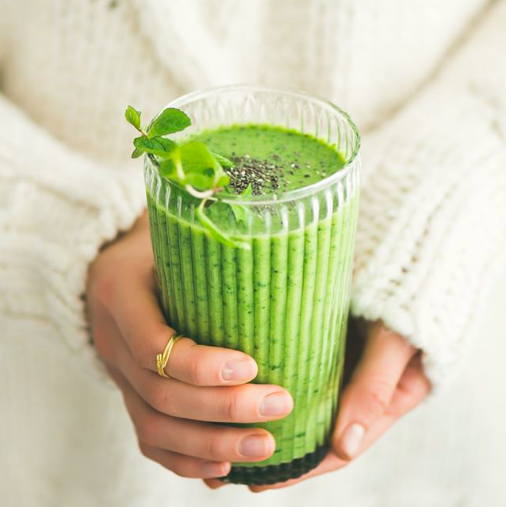
Moringa Seeds and Oil: Moringa seeds can be eaten like nuts or added to dishes for a crunchy texture. Moringa oil, extracted from the seeds, can be used for cooking or as a salad dressing. It’s also popular in skincare routines due to its moisturizing and antioxidant properties.
- Snacking: Roasted Moringa seeds make a nutritious snack. However, consume them in moderation due to their high caloric content.
- Cooking Oil: Use Moringa oil in your cooking or as a dressing for salads. It has a high smoke point, making it suitable for frying and sautéing.
Moringa Capsules: For those who prefer a more straightforward approach, Moringa is also available in capsule form. This is an easy way to enjoy its benefits without changing your diet, especially if you’re always on the go.
Cooking with Moringa: Moringa powder can be incorporated into baked goods like bread, muffins, and pancakes. It can also be used as a seasoning in meat dishes or vegetable stir-fries, adding both flavor and nutrition.
The Sustainability of Moringa
Low Water Requirement: Moringa trees require significantly less water compared to other crops, making them ideal for cultivation in arid and semi-arid regions. This characteristic is particularly valuable in areas facing water scarcity, allowing communities to grow a nutritious food source without depleting water resources.
Soil Improvement: Moringa has the ability to improve soil health. Its roots help in preventing soil erosion, while the leaves, when used as green manure, can enhance soil quality and fertility. This makes Moringa an excellent choice for sustainable farming practices and land restoration projects.
Carbon Sequestration: Like other trees, Moringa absorbs carbon dioxide from the atmosphere, contributing to the mitigation of climate change. Its fast growth rate means it can sequester carbon at a quicker pace than many other species, making it a valuable ally in carbon offsetting efforts.
Biodiversity: The cultivation of Moringa can contribute to increased biodiversity in agricultural systems. Its flowers attract pollinators like bees and butterflies, while the trees can provide habitat for birds and other wildlife. This enhances the ecological balance within farming landscapes.
Economic Sustainability: Moringa cultivation offers economic benefits to small-scale farmers and communities in developing countries. It can be grown alongside other crops in an agroforestry system, increasing overall yield and providing a source of income from the sale of leaves, seeds, and oil. The global demand for Moringa products also opens up export opportunities for these communities.
Versatility and Zero Waste: Almost every part of the Moringa tree can be used for food, medicine, or other purposes, leading to minimal waste. The leaves, seeds, pods, roots, and bark have applications ranging from nutrition and health to water purification and natural pesticides, exemplifying a model of zero-waste agriculture.
Renewable Energy: The seeds of Moringa contain oil that can be used for cooking and as a biofuel. Moringa oil is a cleaner, renewable energy source that can help reduce reliance on fossil fuels, further contributing to environmental sustainability.
Water Purification: Moringa seeds have the ability to purify water, an essential benefit in regions where access to clean water is limited. The seeds act as a natural coagulant, binding to impurities and bacteria, and allowing them to be more easily removed from the water. This simple, cost-effective method can improve water quality and reduce waterborne diseases.
How to Choose Quality Moringa
1. Source and Origin:
- Look for products that specify where the Moringa was grown. High-quality Moringa typically comes from regions with a long history of Moringa cultivation, such as India, Africa, and Southeast Asia.
- Prefer organically grown Moringa to ensure it’s free from harmful pesticides and fertilizers.
2. Processing Methods:
- The best Moringa powder is made from leaves that are shade-dried and ground at low temperatures. This careful processing helps preserve the delicate nutrients and antioxidants.
- Avoid products that don’t disclose their processing methods, as improper handling can significantly reduce the nutritional value.
3. Purity and Ingredients:
- High-quality Moringa products should list 100% Moringa Oleifera as the sole ingredient, without fillers, additives, or preservatives.
- Check the label to ensure the product is pure and doesn’t contain any unwanted ingredients.
4. Color and Appearance:
- Moringa powder should have a vibrant green color, indicating that it was processed correctly and is fresh. A dull, brownish color might suggest over-processing or aging, which can degrade its nutritional value.
- For Moringa oil, look for a clear, light yellow hue without any sediment.
5. Taste and Smell:
- Fresh Moringa powder has a slightly earthy taste, similar to spinach or matcha. It should not taste overly bitter or unpleasant, which could indicate spoilage or poor processing.
- The smell should be grassy and fresh. Any musty or off odors are signs of improper storage or aging.
6. Certifications:
- Products certified organic by reputable organizations (such as USDA Organic, EU Organic, or similar) are more likely to be free from pesticides and synthetic fertilizers.
- Look for certifications or seals that indicate quality testing and standards compliance, such as non-GMO, gluten-free, or vegan, if these aspects are important to you.
7. Packaging:
- Quality Moringa products should be packaged in airtight, opaque containers to protect them from light and air, which can degrade nutrients.
- Ensure the packaging is sealed properly and check for any best-before dates to gauge freshness.
8. Brand Reputation and Reviews:
- Research brands and read customer reviews to get an idea of product quality and customer satisfaction.
- Reputable brands are transparent about their sourcing, processing, and testing practices, often providing detailed information on their websites.
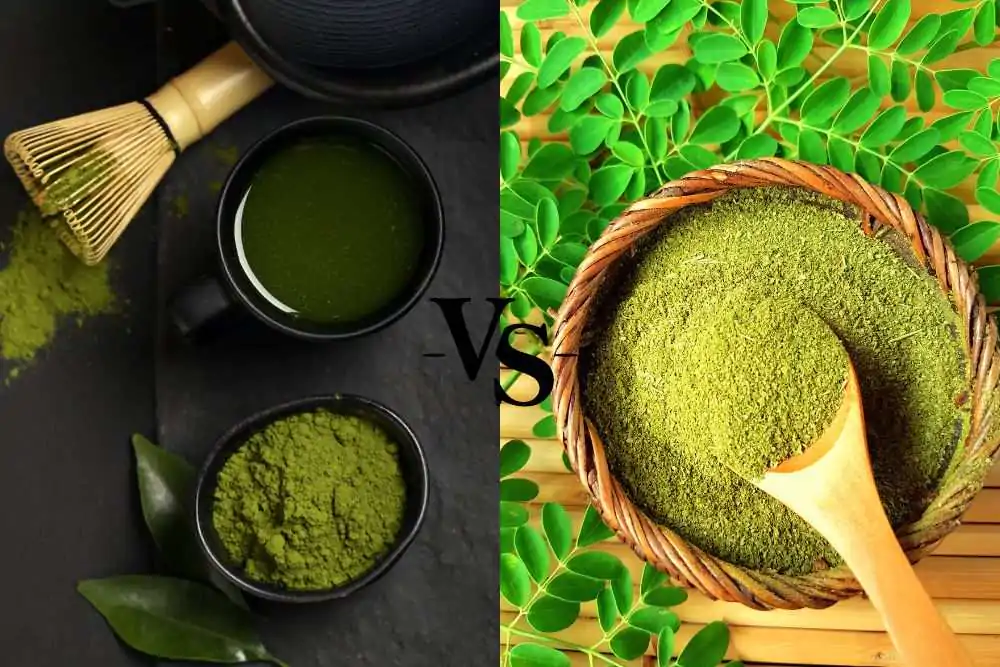
Source to Get Organic Moringa Leaf Powder Capsules
Conclusion
Moringa, with its exceptional nutritional profile and health benefits, truly earns its title as a superfood. Whether you’re looking to boost your immune system, support weight loss, or simply add a nutrient-dense supplement to your diet, Moringa is a versatile and sustainable choice.
FAQs
- Can Moringa cure diseases? While Moringa is known for its health-promoting properties, it should not be considered a cure for diseases. It can complement treatments as part of a balanced diet.
- How much Moringa should I take daily? The recommended daily intake varies, but starting with 1-2 teaspoons of Moringa powder is generally safe. Consult with a healthcare provider for personalized advice.
- Can pregnant women consume Moringa? Pregnant women should consult their healthcare provider before adding Moringa to their diet, as it contains compounds that may not be recommended during pregnancy.
- Is Moringa safe for children? Moringa is generally safe for children in small amounts, but it’s important to consult a pediatrician before introducing it into their diet.
- How do I store Moringa powder? Keep Moringa powder in a cool, dry place, away from direct sunlight. Ensure the container is tightly sealed to maintain freshness.
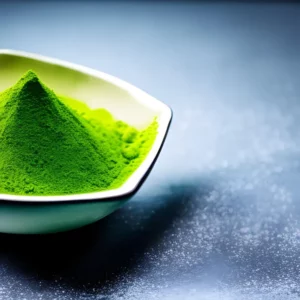
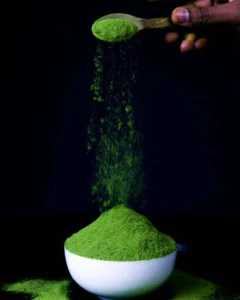
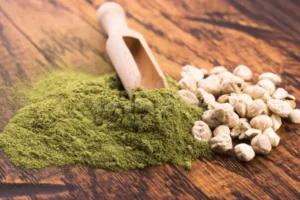





You’ve covered everything I was wondering about—thanks!